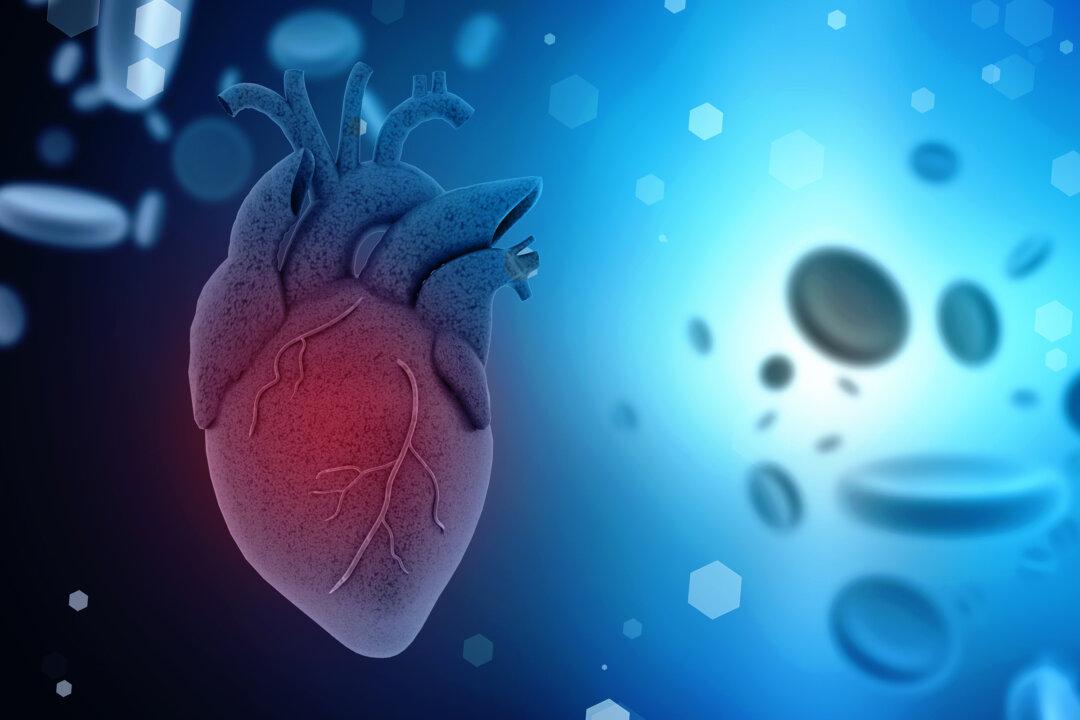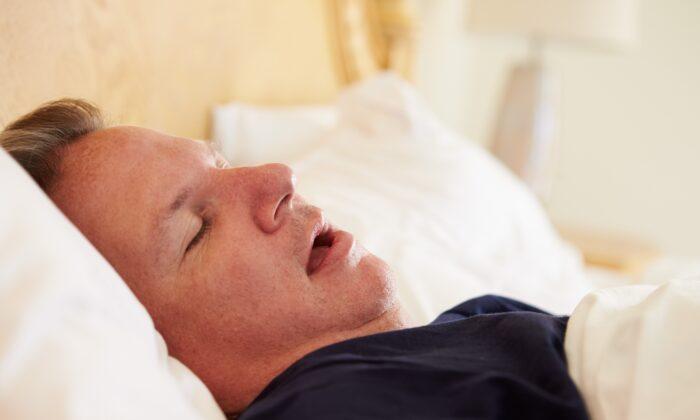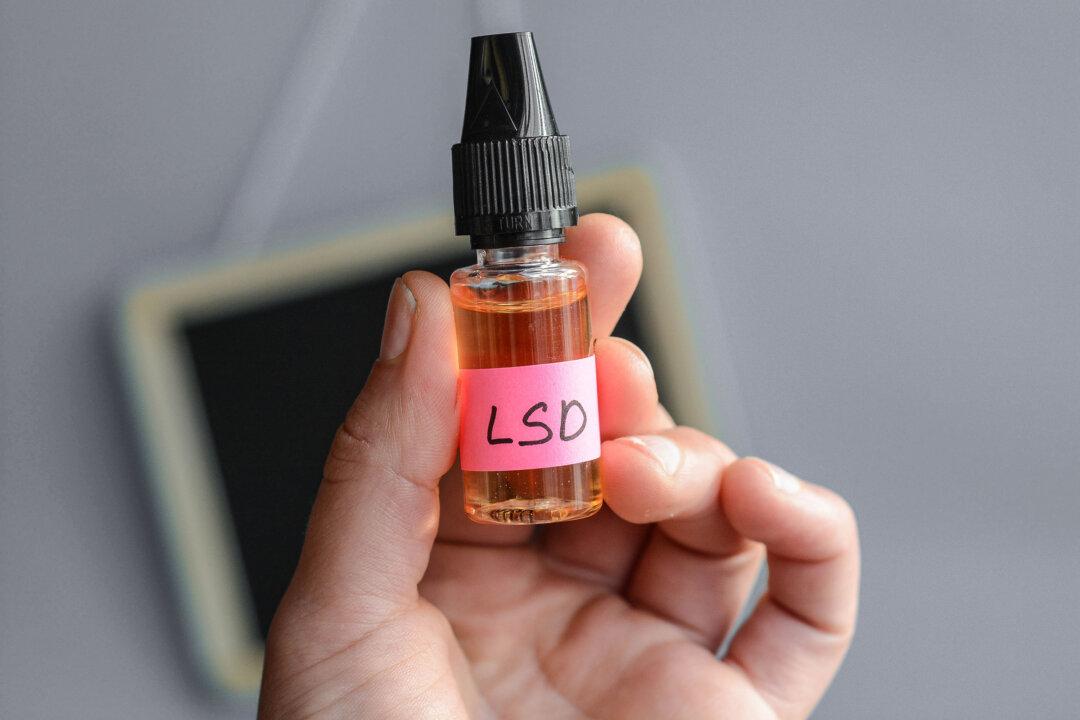Research suggests exercise may be more effective for treating depression than antidepressant drugs, with dancing far surpassing all other activities and pharmacological treatments—and intense exercise close behind.
Key Findings
They found that walking or jogging, yoga, strength training, and dancing were the most effective exercise modalities when used alone without medical treatment, and that certain exercises affected men and women differently. Notably, walking and jogging were effective for both men and women, while strength training and cycling were more effective for women and younger people. Yoga and qigong were more effective for men and older adults, while aerobic exercise positively affected men more than women when used with psychotherapy.Across all modalities, more intense exercise such as running, interval training, strength training, and mixed aerobic exercise yielded greater benefits, although even light physical activity such as walking or hatha yoga still provided “clinically meaningful effects.” The benefits of exercise were equally effective at different weekly doses for those with other medical conditions and baseline levels of depression.
Overall, dance outperformed all other exercises and established treatments for depression, including selective serotonin reuptake inhibitors and cognitive behavioral therapy.
What Is Major Depressive Disorder?
Major depressive disorder is a leading cause of disability worldwide, characterized by a persistently low or depressed mood, lack of interest or enjoyment in life or pleasurable activities, feelings of guilt or worthlessness, low energy, poor concentration, appetite changes, psychomotor disturbances, sleep issues, or suicidal thoughts.The condition has been found to adversely affect interpersonal relationships, cause functional impairment, and exacerbate other medical comorbidities such as diabetes, high blood pressure, and heart disease. Without treatment, major depressive disorder can be debilitating.
Demand for Alternative Treatment Options
According to the BMJ, some people with major depressive disorder respond well to drug treatments and psychotherapy, but many are resistant to treatment, driving scientists to look into alternatives such as exercise that might complement or be more effective than medical therapy or counseling alone.Although the researchers said their review has limitations, their findings support the inclusion of exercise, especially vigorous exercise, in the clinical practice guidelines for depression.
“Although confidence in many of the results was low, treatment guidelines may be overly conservative by conditionally recommending exercise as complementary or alternative treatment for patients in whom psychotherapy or pharmacotherapy is either ineffective or unacceptable,” they wrote. “Instead, guidelines for depression ought to include prescriptions for exercise and consider adapting the modality to participants’ characteristics and recommending more vigorous intensity exercises.”







